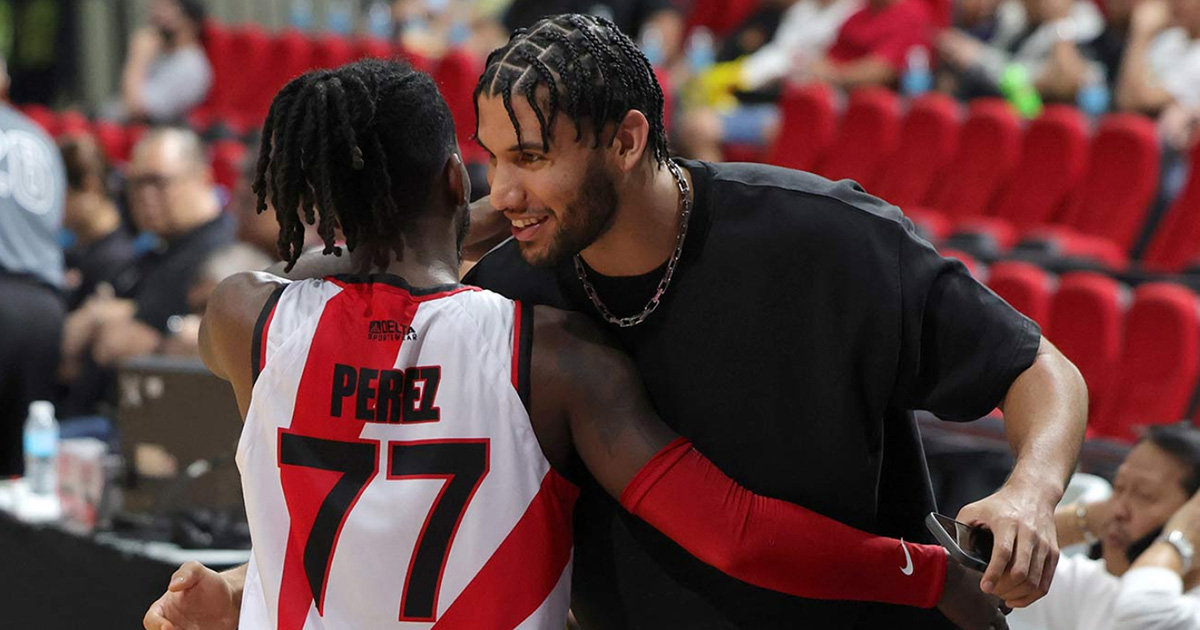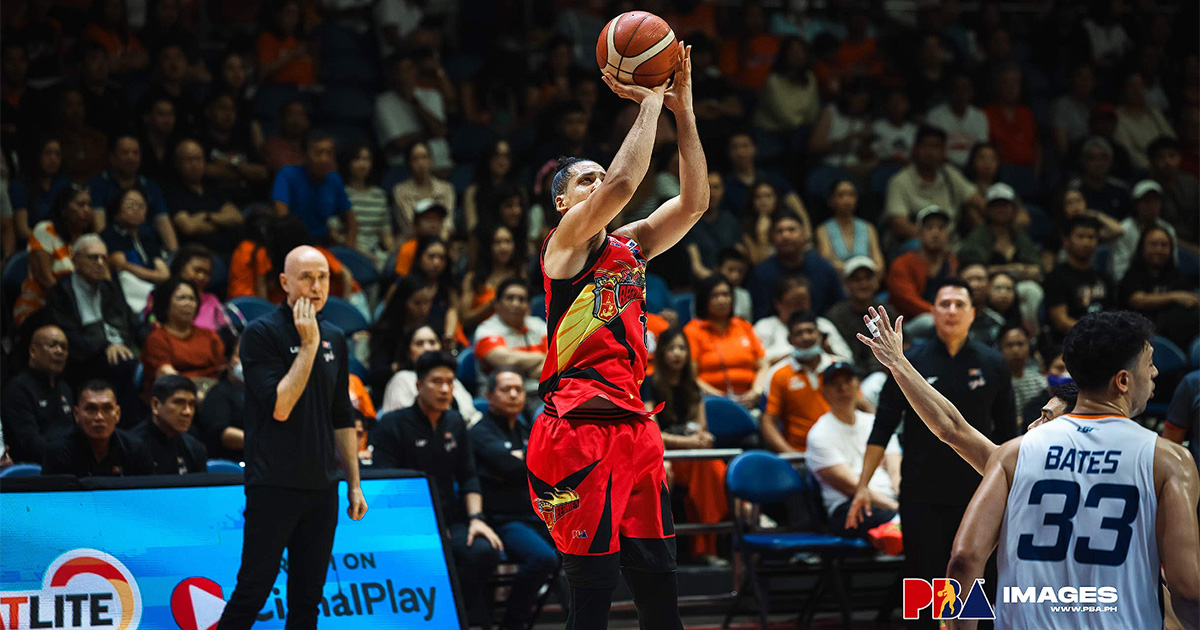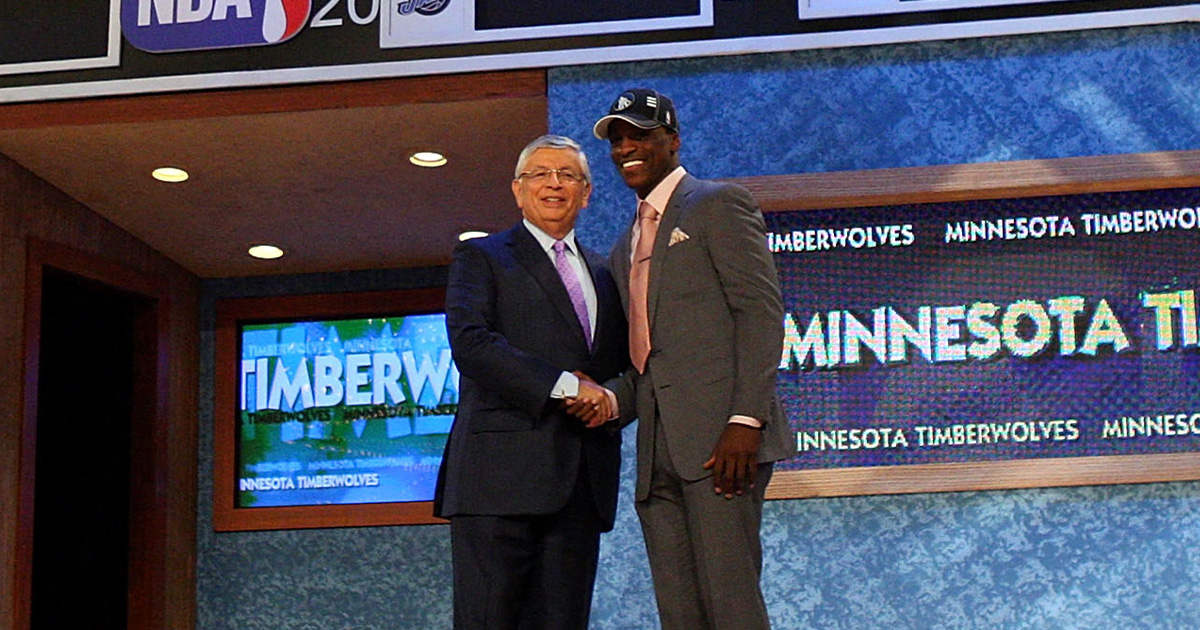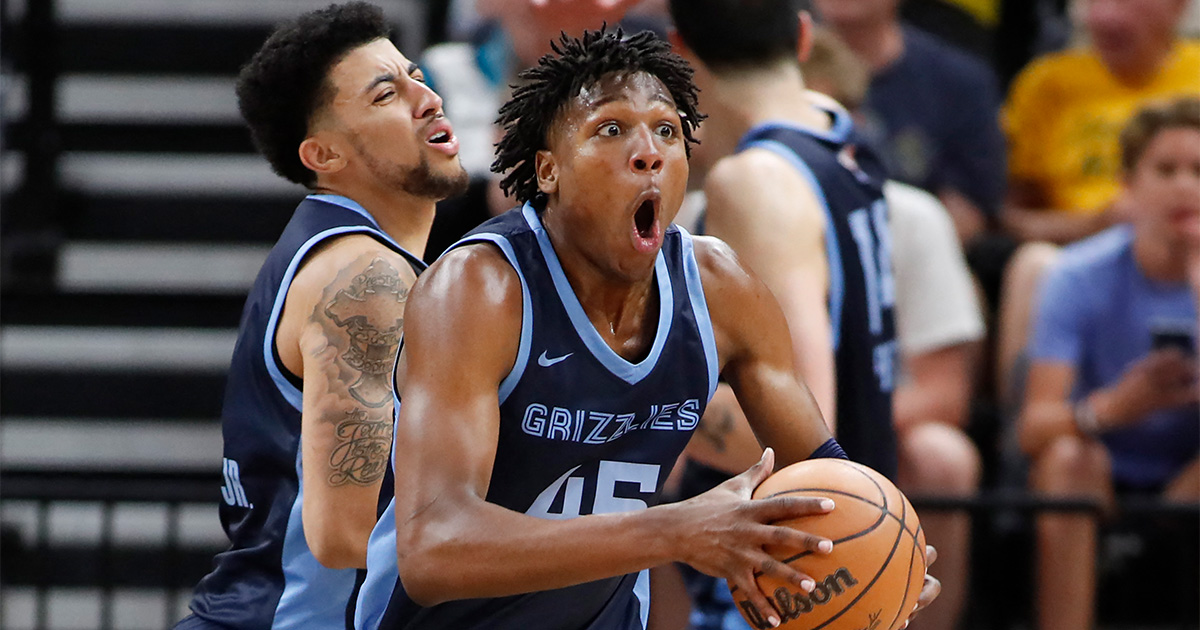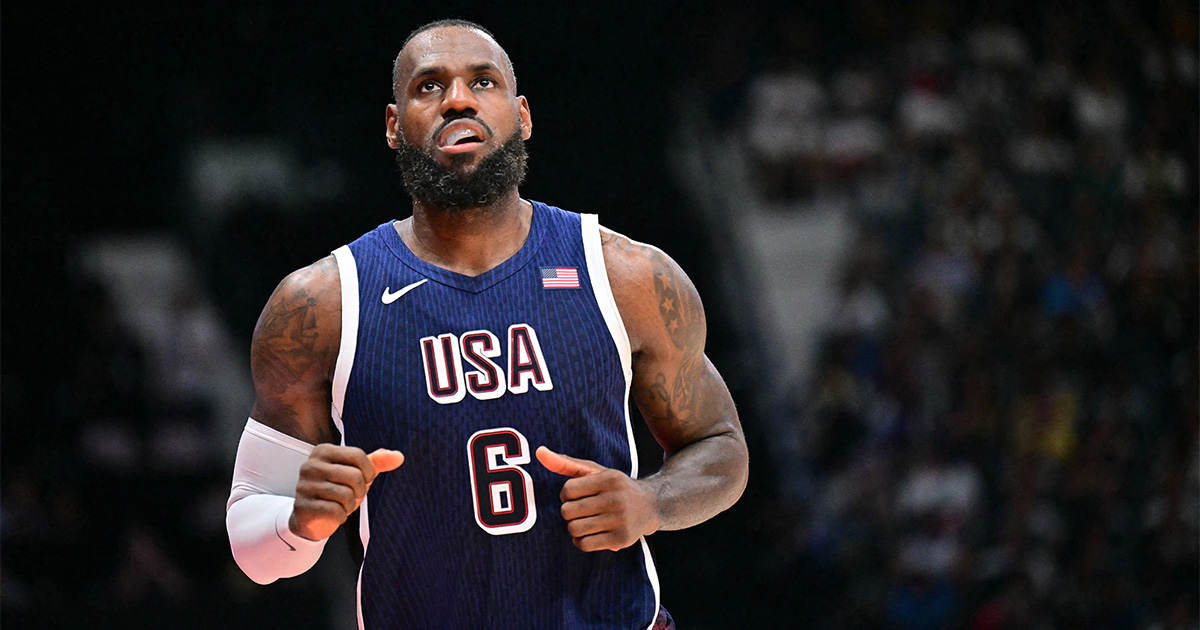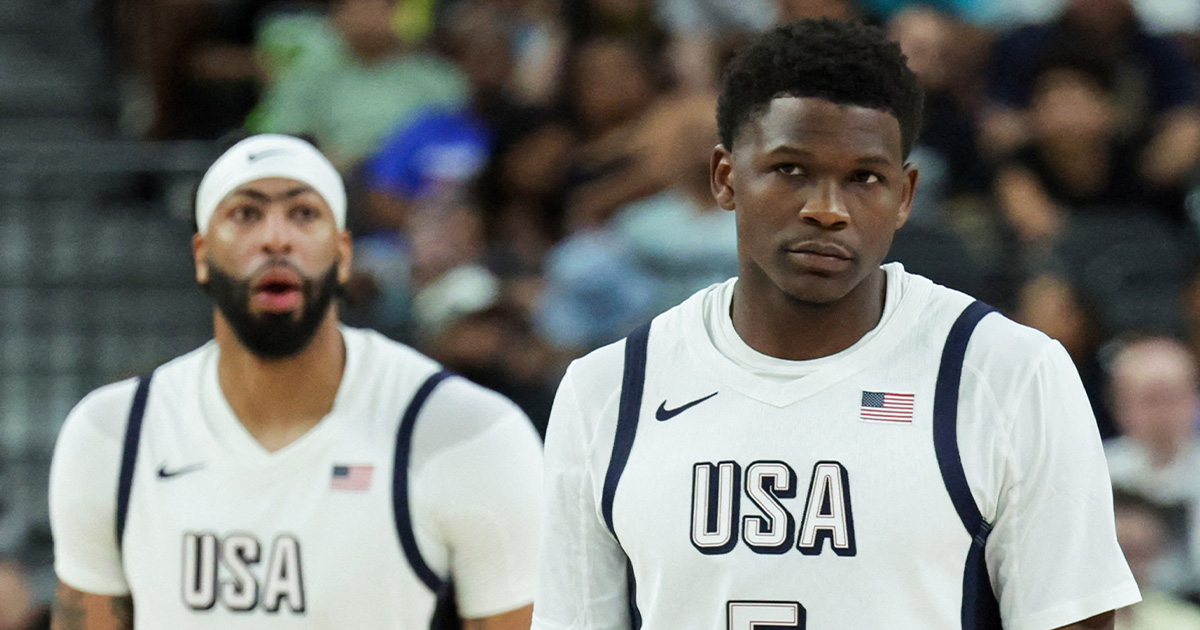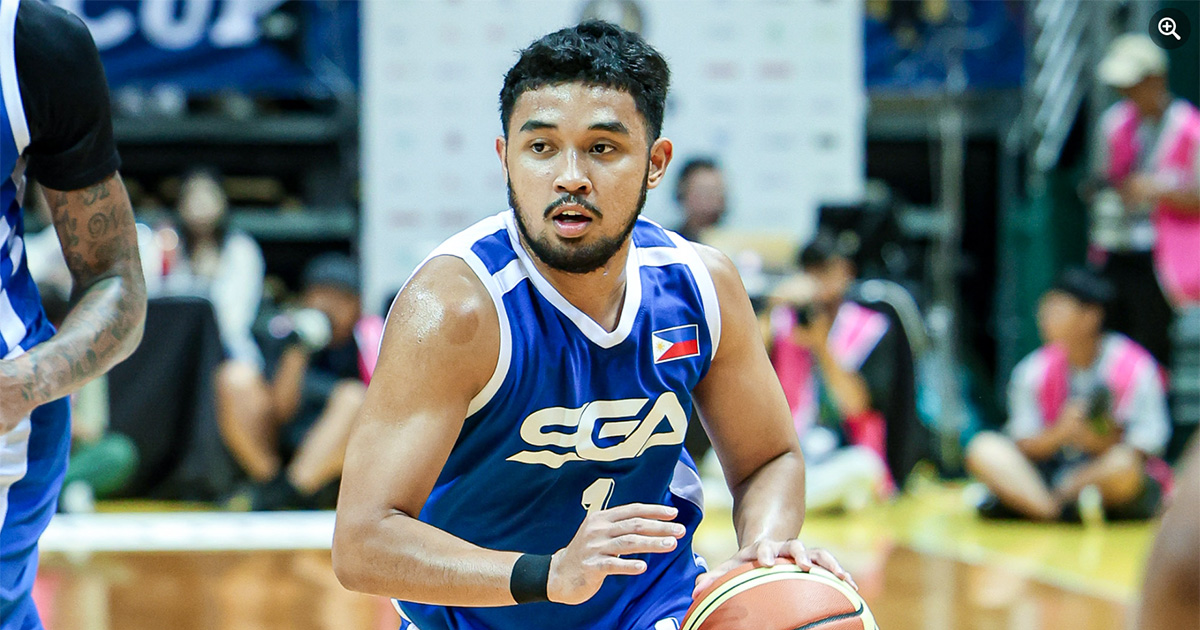With Bennie Boatwright in the Philippines, it’s safe to say that the wheels for his naturalization are turning.
Boatwright was seen when his former team, the San Miguel Beermen, earned a 112-103 victory over the Converge FiberXers in their 2024 Honda PBA Philippine Cup matchup. To say the Beermen needed more inspiration may be a stretch given their current unbeaten run, but seeing a familiar face certainly brought joy to SMB and perhaps the rest of the country.

Boatwright will take his place behind Justin Brownlee as the backup naturalized player option for Gilas Pilipinas, although he could be behind even Ange Kouame as he gets up to speed. In the near-term, look for Boatwright to play for the Philippines in tournaments that will allow multiple naturalized players (e.g., Asian Games, SEA Games) even if these competitions are more for national pride than towards the Gilas program’s loftier goals.
While the naturalization matters are being worked over, Boatwright will likely be plying his trade overseas, just like Brownlee and Kouame.
But what if they all played locally at the same time?
Currently, naturalized players like Brownlee and Kouame will only be allowed to play in the PBA during the PBA Commissioner’s Cup and the PBA Governor’s Cup, with the recent precedent set by Marcus Douthit, who suited up for the Blackwater Elite in the 2015 PLDT Home TelPad-PBA Commissioner’s Cup. However, Christian Standhardinger, also a naturalized national player, can play in the PBA due to his Filipino lineage.
It feels odd that Brownlee and Kouame can’t play locally even if we want them to be Filipino (at least when basketball is concerned). Japan’s B.League allows naturalized players to play as locals, whether they were born or raised in Japan, studied in Japan during their elementary and secondary years, or were born abroad but became a naturalized Japanese citizen. The influx certainly helped with Japan’s growth in basketball and it’s safe to say they’ve overtaken the Philippines at the moment.
Letting Brownlee, Kouame, and eventually Boatwright play in the PBA would allow them familiarize themselves with local basketball. Of course, Brownlee and Kouame have played long enough to know what Philippine basketball is, but their presence would definitely raise the level of play of those around them, and that’s what Filipinos have been clamoring for since seeing the Serbians and the Germans in person during the 2023 FIBA Basketball World Cup. Moreover, allowing the likes of Boatwright, Brownlee, and Kouame to play as locals will help reintroduce themselves and further add more excitement towards the national team (to be fair, though, does Gilas Pilipinas need more hype?).
Of course, there are some hurdles to this. For one, who will they play for? Signing them outright could be tricky given how the more well-funded teams will be frontrunners to acquire them. Appeasing all stakeholders may require naturalizing more players, but that’s too much of an ask. Another issue would be the length of the PBA conferences, as three and a half months may not be worth the time for naturalized players to forego playing in other countries.
Will we see a change for our naturalized players? That’s highly unlikely right now, but the basketball powers that be may want to revisit how the PBA runs things lest we waste the strides made with Gilas Pilipinas and end up being left behind in the dust by our regional peers.


